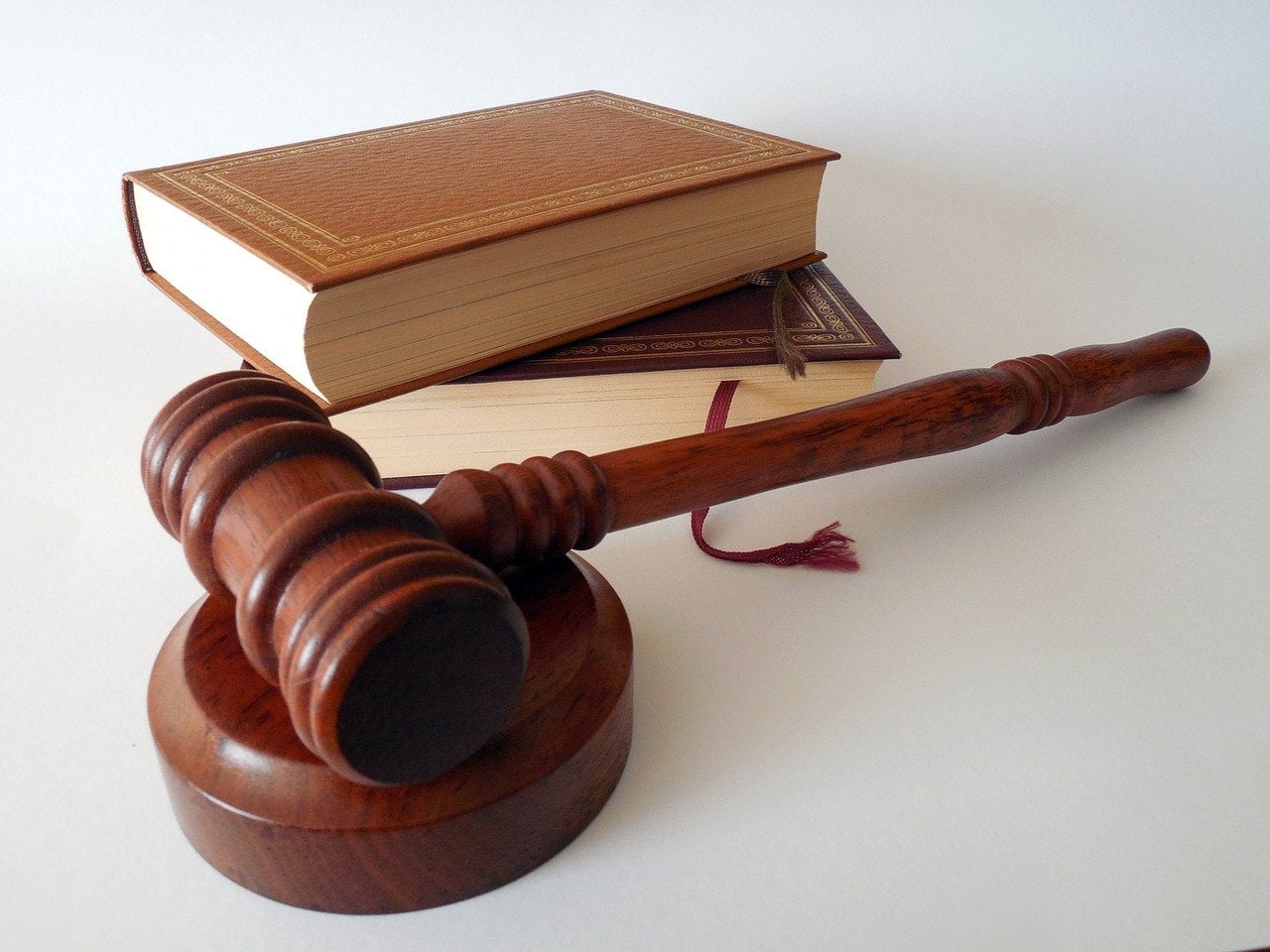Bill Cosby’s Denial of Due Process All Too Common; Unconstitutional Acts Frequent on Many University Campuses – Expert
Q1 2021 hedge fund letters, conferences and more
Bill Cosby's Due Process Rights Were Violated
WASHINGTON, D.C. (June 30, 2921) - Pennsylvania's Supreme Court has just ruled that Bill Cosby's constitutional rights to due process rights were violated, and, as a result, he spent years unlawfully held behind bars during his "golden years," and while he was in failing health.
Unfortunately, denial of due process and other constitutional rights is all too common on our college and university campuses, says public interest law professor John Banzhaf, whose widely discussed remedy for many problem with the handling of student date-rape allegation was accepted into law by the Department of Education.
Time and time again officials in higher education at state colleges and universities, and so-called experts, have tried to argue that due process does not apply when students are accused of date rape because it is not a criminal proceeding.
But the law, as interpreted many times by the U.S. Supreme Court and many lower courts, is that due process does apply even to non-criminal proceedings because the Constitution clearly provides "nor shall any State deprive any person of life, liberty, or property, without due process of law"; and not that "no person shall be convicted of a crime without due process of law," says Banzhaf, who has taught this same basic principle to hundred of law students.
A common example, he says, are proceedings to terminate the employment status of government workers; a legal proceeding which, like date-rape adjudications, is not a criminal proceeding.
Protection For Students Accused Of Rape
Fortunately, notes Banzhaf, courts are increasingly recognizing that students accused of rape are entitled to due process protections before being disciplined, much less expelled, and that state colleges and universities - and sometimes even their presidents or other persons responsible - may be liable for the resulting damages.
Another area in which students' constitutional rights are frequently being violated involves free speech, since many students have been expelled or otherwise disciplined for making statements, even if off campus, which are fully protected by the First Amendment.
Moreover, at least one federal appeals court has recognized that even just reporting students whose utterances are unpopular or controversial to a so-called bias response team (or squad) may be unconstitutional because of its chilling effect on freedom of student speech.
Fortunately the Supreme Court's very recent ruling in the cheerleader case - reminding everyone that speech by high school students, on the Internet or otherwise outside of school, nevertheless enjoys considerable First Amendment protection - is likely to have an even greater impact on institutions of higher education since college students are, for many reasons, entitled to even greater protection for unpopular and/or controversial speech, whether made on campus or elsewhere, says the professor.













